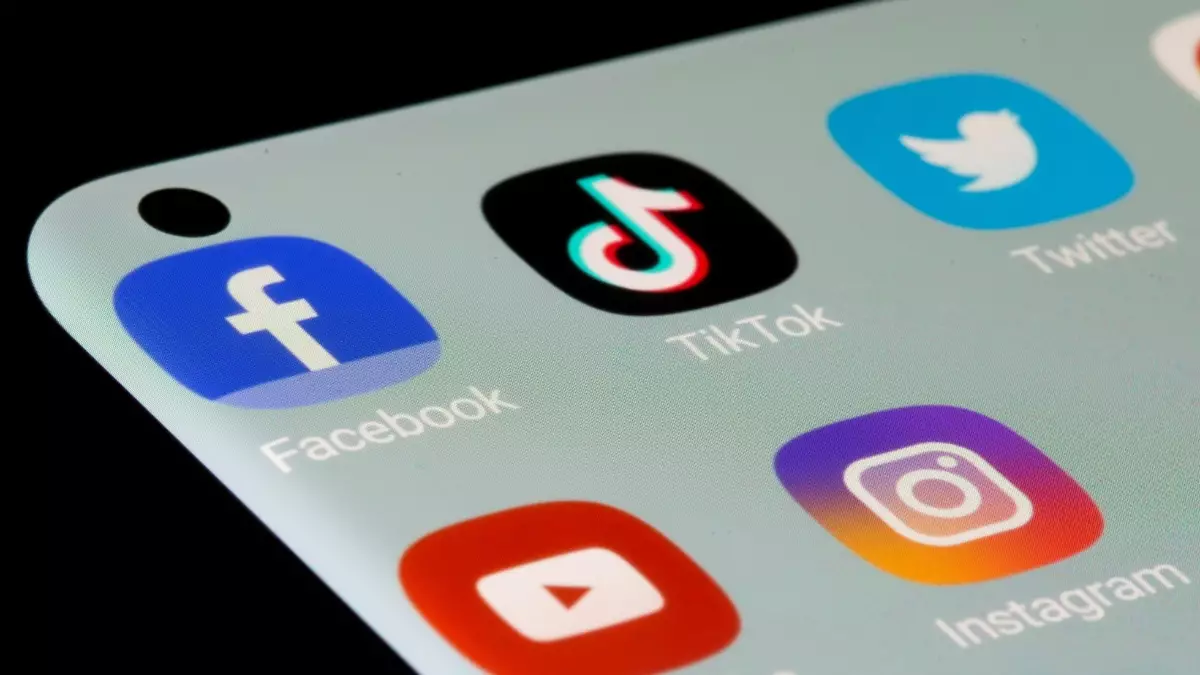Australia has recently announced its intention to implement a minimum age limit for children to use social media platforms. Prime Minister Anthony Albanese expressed concerns about the negative impacts of social media on mental and physical health, stating that he aims to encourage young individuals to engage in real-life activities rather than spend excessive time online.
While the specifics of the age limit have not been disclosed, it is likely to fall within the range of 14 to 16 years old. This initiative has faced criticism from digital rights advocates who argue that enforcing such restrictions could push young users to engage in unsafe online behavior at a time when connectivity is crucial.
Australia’s proposal places it among the first few countries in the world to consider imposing an age restriction on social media use. Historically, efforts by entities such as the European Union to implement similar measures have faced opposition due to concerns about impinging on minors’ rights and limiting their online experiences.
Tech giants like Meta, the parent company of Facebook and Instagram, have highlighted their commitment to empowering young individuals and providing parents with tools for responsible platform usage. However, other major players like YouTube owner Alphabet and TikTok have not yet commented on Australia’s plan.
With a significant portion of its population active on social media, Australia is highly connected digitally. Studies have shown that a large percentage of Australian teenagers have utilized platforms such as YouTube and Instagram, indicating the widespread influence of social media on the younger demographic.
Critics of the proposed age limit have raised valid concerns about the potential negative implications of such a regulation. Some experts fear that forcing younger users to hide their online activities may lead to them seeking out unregulated and unsafe online spaces, ultimately exacerbating the risks associated with online interactions.
Daniel Angus, director of the Queensland University of Technology Digital Media Research Centre, has voiced skepticism about the effectiveness of age restrictions in fostering healthy digital participation among young individuals. The eSafety Commissioner has cautioned that restriction-based approaches could limit access to essential support systems for minors.
Industry bodies like DIGI have urged the Australian government to consider input from various stakeholders, including mental health professionals and marginalized communities, before finalizing any regulatory measures. Emphasizing the importance of maintaining a safe online environment for all users, these organizations advocate for a balanced approach to addressing online harms.
As Australia moves forward with its plan to set an age limit for social media usage, it is essential for policymakers to carefully consider the potential repercussions of such a decision. Balancing the need to protect young individuals with the importance of fostering a healthy online ecosystem is crucial in navigating the complexities of digital connectivity in today’s society.


Leave a Reply
You must be logged in to post a comment.